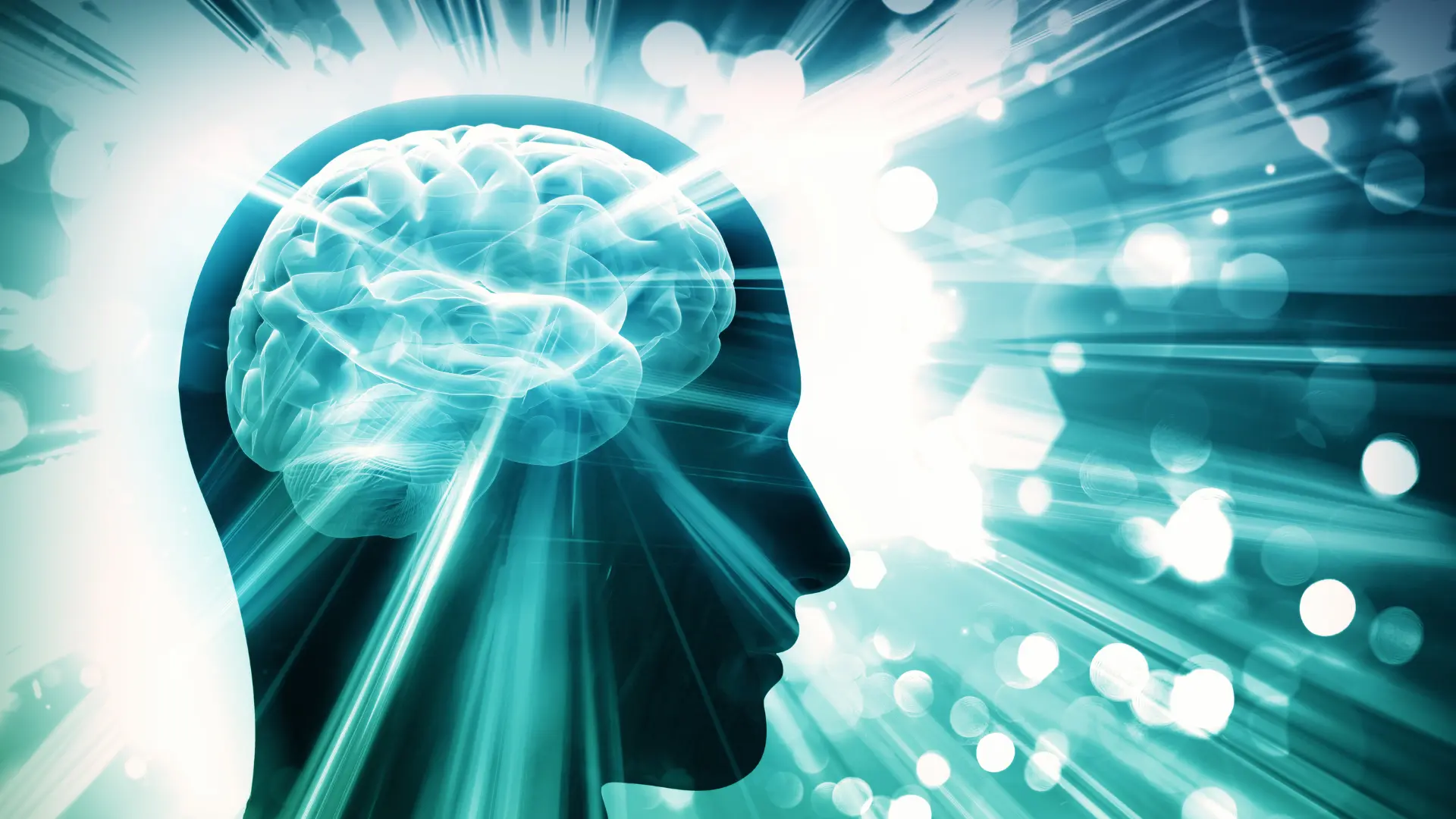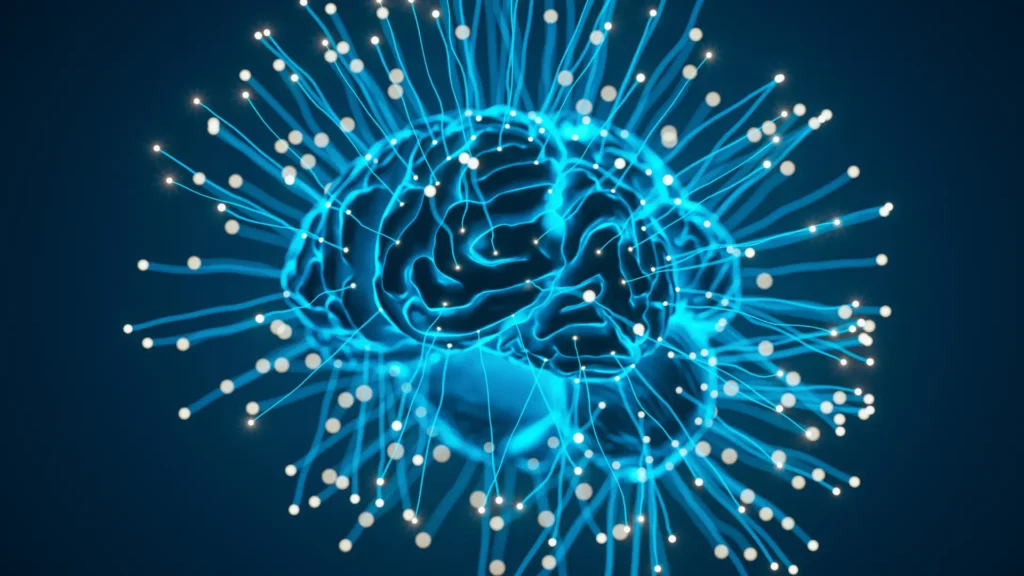Mental coaching is a professional discipline focused on teaching individuals how to gain conscious control over their own mental and emotional processes. It is not therapy, which often focuses on healing past wounds and diagnosing clinical conditions. Instead, mental coaching is a proactive, educational, and goal-oriented training process for the mind. It operates outside the medical model and does not involve diagnosing psychiatric disorders. The ultimate goal is to equip the client with a toolkit of practical skills to achieve self-mastery, whether their aim is peak performance, spiritual growth, or enhanced well-being.
Definition: Training for the Mind
Mental coaching is best understood as personal training for your mind. Just as a fitness coach guides you through physical exercises to strengthen your body, a mental coach guides you through specific mental techniques to strengthen your focus, resilience, and emotional control. The entire process is built on the principle that the mind is a system that can be understood, trained, and optimized. It is a collaborative partnership where the coach provides the strategy and instruction, and the client does the work to build their own mental fortitude.
The Process and Techniques
A mental coach collaborates with a client to define actionable goals and selects specific, often evidence-based tools to achieve them. The toolkit draws from diverse disciplines, ranging from established psychological principles such as cognitive reframing and reprogramming to emerging modalities (e.g. somatic and energetic approaches). Main techniques typically include:
- Meditation: Foundational practices for developing focus, awareness, and the ability to quiet the mind.
- Mind Hacking: A collection of modern techniques, including hypnosis and NLP, used to reprogram subconscious beliefs and change automatic behaviors.
- Mental Conditioning: Specific exercises designed to train the mind to perform optimally under pressure, often involving controlled exposure to stressors to build resilience.
- Ki Energy Work: Some mental coaches, including myself, also integrate techniques for working with the body’s biofield and energy centers (e.g. chakras/dantians), recognizing the deep connection between energetic balance and mental clarity.
Types of Mental Coaching
While the core principle is the same, mental coaching can be oriented toward different outcomes depending on the client’s goals and the coach’s specialization.
Mental Performance Coaching
This is a highly goal-oriented specialty focused on optimizing a client’s mindset for peak performance. The clients are often athletes, executives, or performers who need to function at their best under high-pressure conditions. The coaching focuses on skills like mental toughness, unwavering focus, and mastering performance anxiety.
Mental Health Coaching
This type of coaching focuses on improving general well-being and building emotional resilience. It is a supportive, non-clinical role that helps clients manage everyday stress, navigate life changes, and cultivate a more positive mindset. It serves as a proactive and preventative approach to mental health.
Spiritually-Oriented Coaching
For some clients, the goal of mastering the mind is a pathway to spiritual growth and consciousness expansion. In this context, a mental coach guides the client through advanced meditative practices and esoteric techniques to explore deeper states of awareness and support a journey of self-discovery.
The Role of the Mental Coach
A mental coach is a teacher, strategist, and accountability partner. Their job is not to give advice or solve your problems for you. Instead, they:
- Teach you proven mental techniques.
- Help you create a personalized strategy for applying those techniques to your life.
- Provide objective feedback and support.
- Hold you accountable for your own practice and progress.
Regulation and Credentials
Unlike clinical psychology or psychiatry, mental coaching is currently an unregulated field with no standardized governing body or universal licensure requirements. Consequently, practitioner qualifications vary significantly, ranging from uncertified individuals to those holding advanced degrees in sport psychology or certifications from accredited organizations like the International Coaching Federation (ICF). Due diligence in vetting a coach’s specific training, experience, and methodology is essential for prospective clients.
Who Can Benefit from Mental Coaching
Anyone who wants to take a more active role in managing their own mind can benefit from mental coaching. It is particularly effective for individuals who are goal-oriented and ready to do the work required to create tangible change. This includes people looking to overcome specific mental blocks, improve their focus and productivity, enhance their emotional intelligence, or simply build a stronger and more resilient mind.



